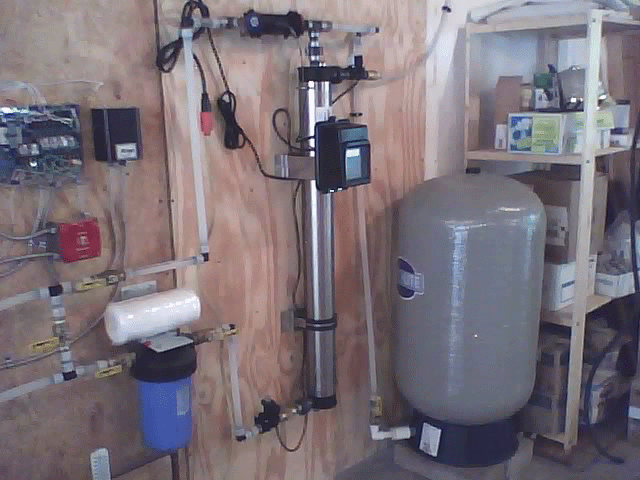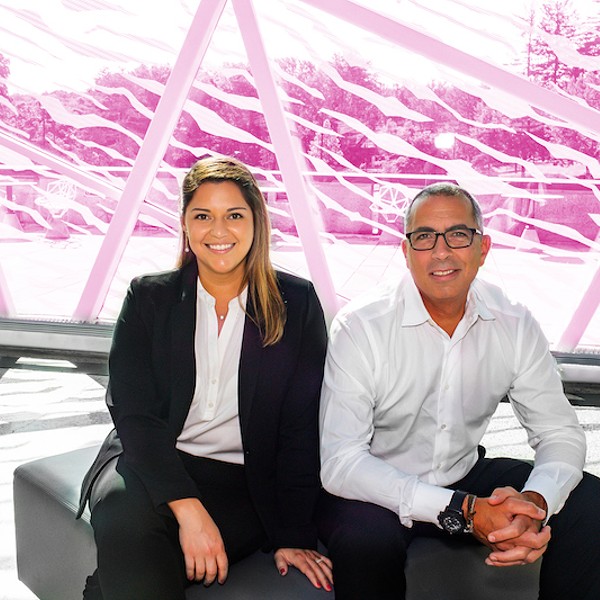In nature, water, the universal solvent, is never totally pure. But since the average adult human body is about 70 percent water, you want to drink, bathe, and cook in the purest water possible.
While much of the world stands on the brink of a water crisis, Hudson Valley residents remain fortunate. Droughts are rare, and our overall water quality remains high.
Many single-family homes have private wells, supplied by groundwater tapped from a subterranean aquifer. Calcium, leeched from limestone, makes water "hard" and pipes can accumulate deposits. Softening a hard-water condition will extend the lifespan of water-using appliances, which typically represent 15 percent of a home's overall value.
Health experts recommend having your well water tested. If there's a bacterial condition, you won't be able to refinance your house, or likely sell it. Best treated with UV light, that process won't work if the water contains lots of minerals and isn't crystal clear. Pre-treatment with at least sediment filtration will be needed.
People connected to municipal water may wish to remove chlorine, a toxin added to reduce pathogenic bacteria. Prolonged exposure to chlorinated water is associated with some cancers. A professionally installed self-backwashing carbon tank system lasts for years and costs about $1,200; cartridge-based filters, which must be changed regularly, begin at $400.
Today's better-quality whole-house water treatment systems are chemical free and essentially maintenance free. Most buyers opt for an annual check-up.
Bruce Leighton, president and CEO of Leighton Enterprises Inc. in Saugerties, began working in water treatment in 1985, just when the industry began to expand. Something of a water fanatic, Leighton initially did all the testing and equipment installations himself. As demand grew, Leighton has added employees and eventually its Hudson Valley Spring Water division. Water sales today comprise about 15 percent of the company's annual revenues.
"I see cases all the time of people having serious issues with expensive appliances which could have been avoided with water treatment, and saved them money in the long run," says Leighton. In recent years, Leighton has seen a big increase in homeowners electing to install a comprehensive water-treatment system before doing other renovations, because they have seen the damage caused by years of certain conditions.
Half of Leighton's water-treatment business involves sulphur remediation. Found in every human cell, sulphur's not inherently dangerous, but the human nose can detect .01 part per million. "It just stinks, but people who are around it all the time get desensitized," says Leighton. "Homeowners often don't know until a close friend or visitor tells them their water smells bad." Some area wells test out at 25 ppm—odorous enough to make your eyes water. Remedying a sulphurous condition costs $2,000 to $3,000.
Excessive iron is the next big local complaint. Iron-laden water stains porcelain and laundry, and tints cooked vegetables. An iron-removal system runs about $1,900. Leighton's removes both sulphur and iron with an oxidation system using air-induction equipment installed at or near the water's point of entry into a home.

















